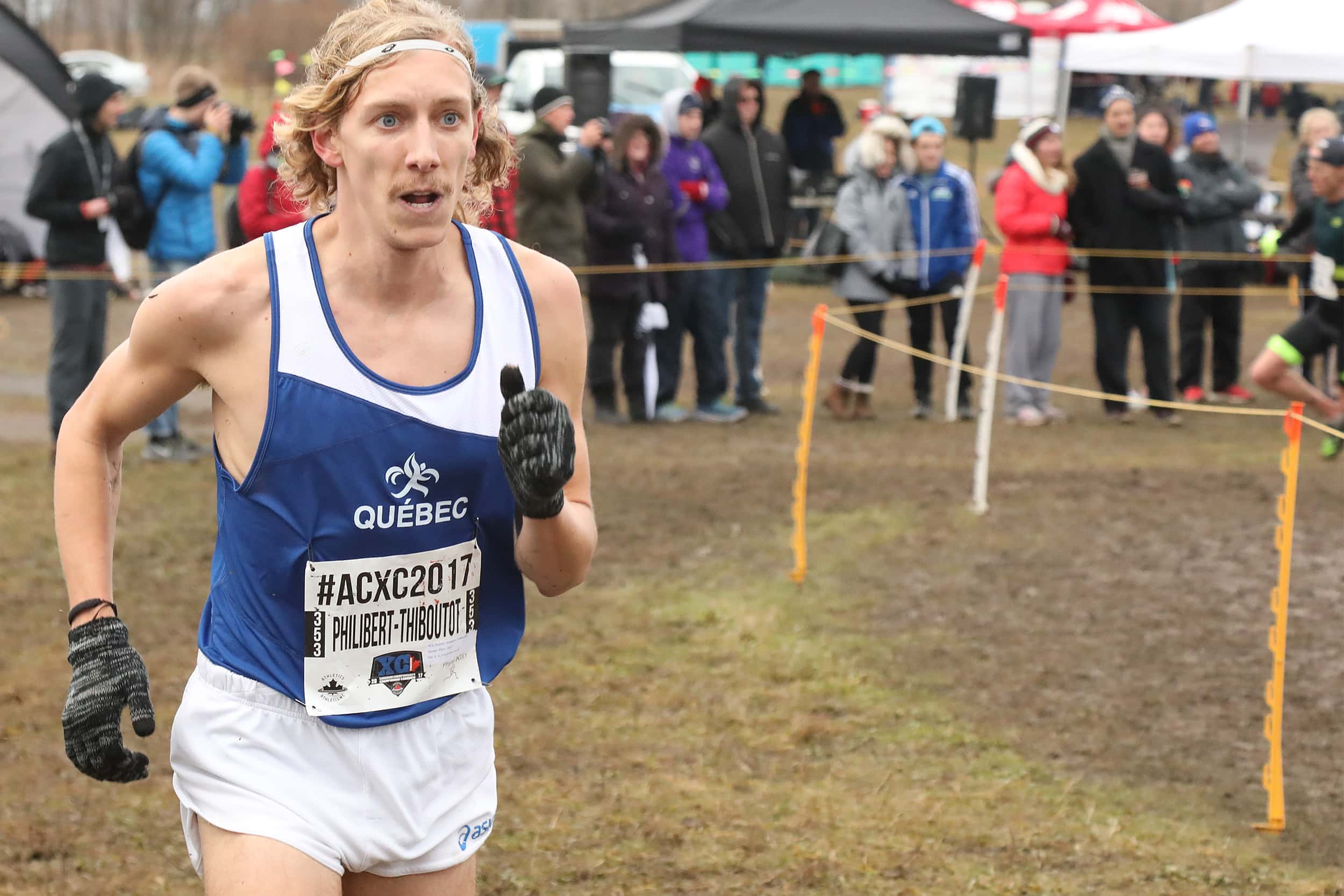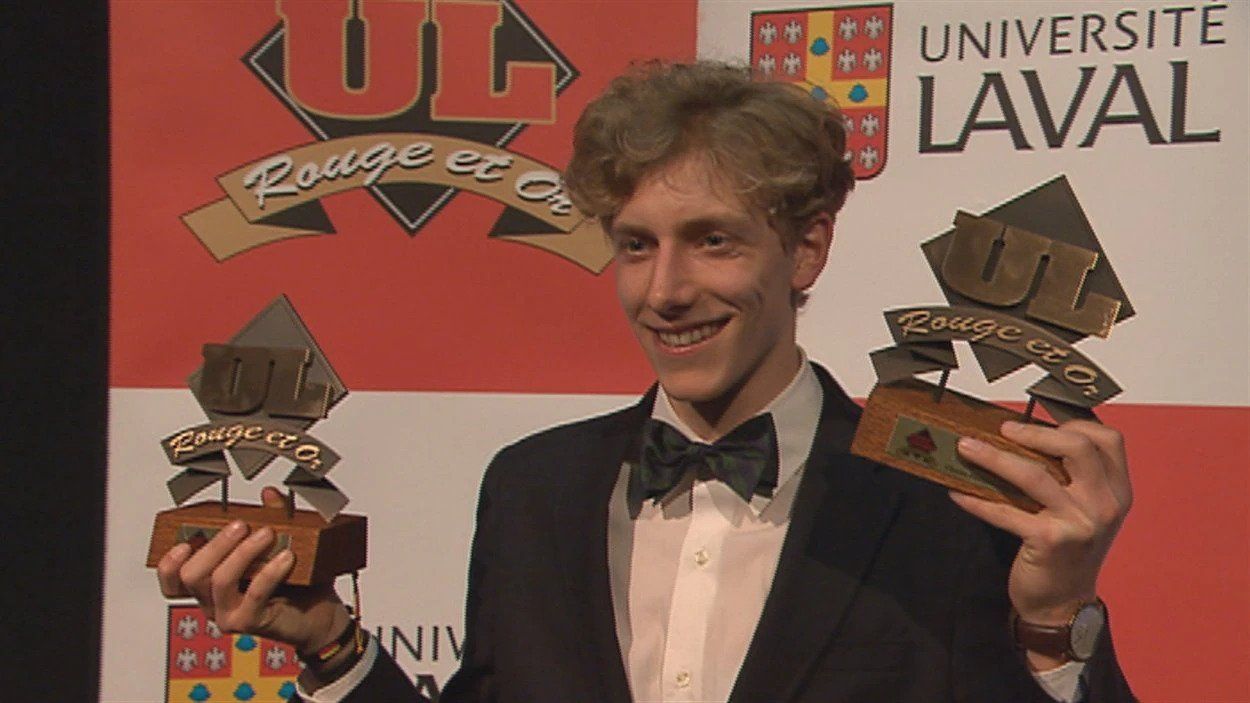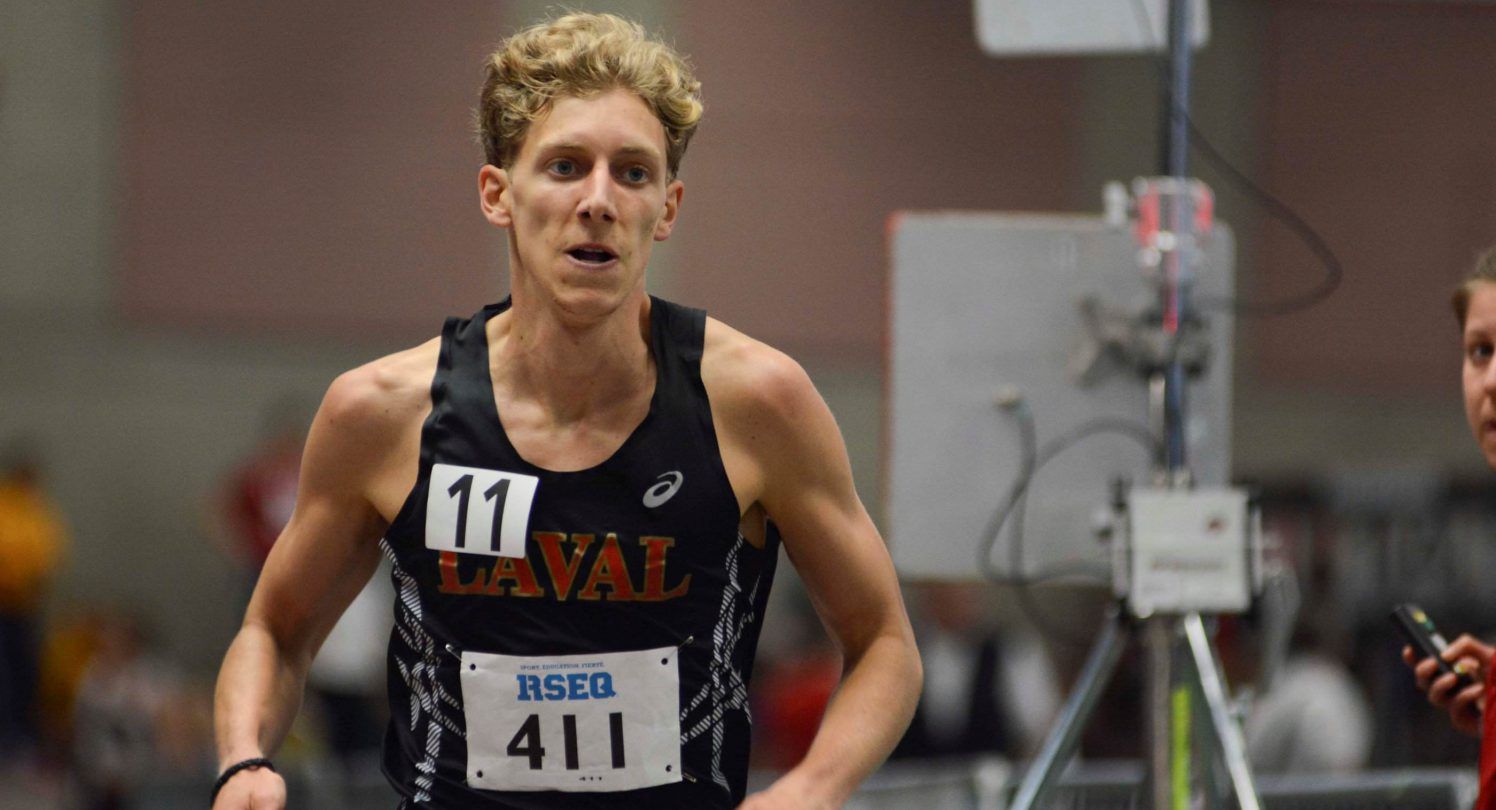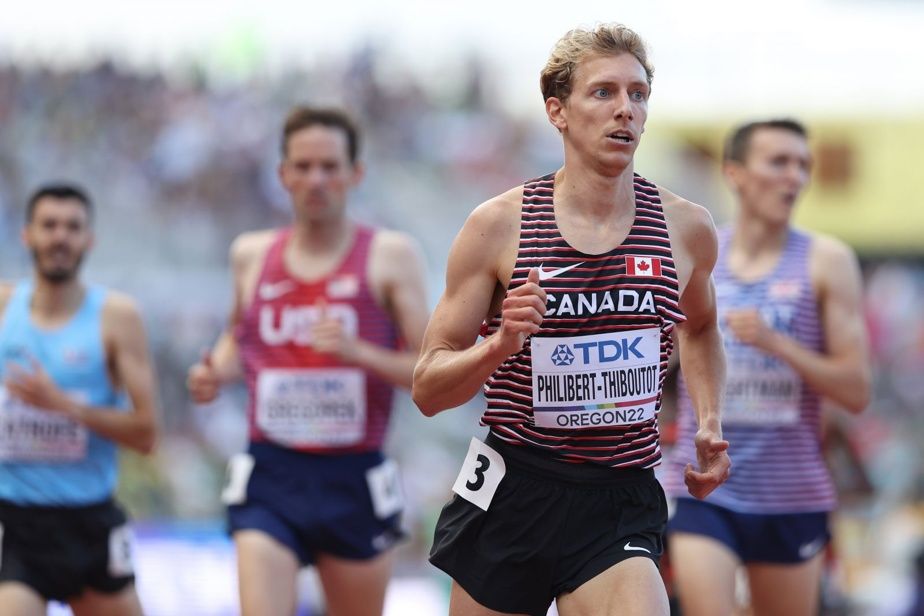Charles Philibert-Thiboutot: The Home Recruitment Experience
Most of the big North American (and even some international) track and field success stories include the collegiate experience. A lot of US schools spend an impressive amount of time and resources searching for diamonds in the rough; sending scouts all across the world looking for the best high school age prospects to eventually compete for their schools. Of these athletes, a good proportion of them go on to compete as pros, just as I do today.
As someone who has competed multiple times on the international stage, I might be one of the rare North American based athlete exceptions who’s college recruiting experience was rather a lack of one.

With modest high school PBs of 1:58, 4:07 and 9:07 for 800m, 1500m and 3000m, it’s not like I had the obvious talent that would land on any scout’s radar, especially by US standards. However, going away really wasn’t an option for me at all; culturally, most Quebec athletes at the time did not seek to leave the province for athletics, and as far as I was concerned, family, friends, a local club team and a girlfriend just made my local university the obvious choice for me to attend: Laval University.
Something that definitely made my choice worth it from a performance perspective was that Quebec City also produced two of the best U20 athletes in the country at the time, and our admission in university all lined up. Jean-Samuel Lapointe and Emmanuel Boisvert, who were both national standouts at that age and who both did get offers to other Canadian and American Universities, decided to stay home and compete for Laval under the coach who is still mine to this day: Félix-Antoine Lapointe. Just like that, staying in my hometown provided me with some of the best training partners in my age group; people who helped me push myself on a daily basis, and who helped me propel myself into the national ranks.

Again, culturally, seeking to «get out of town» is really not something that is part of the collegiate experience for Quebecers. Our native French language might be to blame, and because of that, ten out of eleven of my high school friends, all people which I am extremely close to even to this day, stayed in Quebec City for their post secondary studies. I did not feel any pressure to leave town as my social circle stayed intact, contrary to what I’ve been hearing and witnessing from friends elsewhere in Canada and the US. To them, regardless of how close you are to your high school friends, you are encouraged to go out of state/province, or at least out of town, for University. For me, to have my group of «non running friends» around definitely provided me with a social balance that felt needed at times when track and field is such a big part of your life.
I was also very fortunate to stay in my family home throughout my university years. Some might say it can be a barrier to becoming an independent adult, or even that it causes you to miss out on some very formative years looking out for yourself in a dorm or cheap apartment with roommates of your age. However, looking back on it, it enabled me to save money and have a comfortable financial situation when I graduated and when it was time for me to bet on myself, paying out of pocket for training camps and races needed for a breakout in the pro ranks was something I could do. Also, while this advantage prevented me from knowing cooking basics until the embarassing age of 25, having access to «Mom’s food» (which was always nutritious, balanced and healthy, thank you mom <3) really made the hectic life as a student athlete more bearable. It was quite easy for me to focus on my training and my studies knowing that I didn’t have to do grocery runs or cook for myself. By default, I was always well fueled, compared to some teammates who were basically eating pasta and tomato sauce every night (we all know at least one!).

Another aspect that made Quebec City stand out as a place to train and attend University is how the local media community is incredibly supportive of the Rouge et Or - Laval’s varsity team - in all sport, even if football is undeniably king here. This is a factor that is often downplayed or down right ignored when athletes look out for a University option. By being a successful student athlete in the program in the 5 years I competed for the Rouge et Or, it gave me an amazing amount of media coverage that you could argue was much more than any other local Olmypic athlete in any other sport. That way, I was able to build a brand around my image and successfully transition to the pro world, and finding partners and sponsors was not nearly as hard for me as it was for other athletes at my level. This media exposure gave me notoriety that enabled incredible local support, under a «hometown grown talent» narrative.

Sometimes I do look back and feel a bit of FOMO towards the glamorous college experience I feel like I missed on and top recruits get: starting a fresh athletic career in a new city, meeting new people, living on campus and experiencing every social aspect of it, the impressive facilities in the US, all the travelling for races… however, looking at how my athletic career has turned out and how it set me up for a long and successful post collegiate career, it is tough to argue that things would have turned out better had I done things differently. I guess the common characteristics I can identify with my home experience and any other successful collegiate experience are three things: 1) a great coach 2) training partners that can push you beyond and who share a will to get better 3) a social setting where you are happy and that makes studying, training and competing very fun. All these fell on my lap by chance, and I’m thankful this is how things worked out for me. However, in today’s world, high school athletes do not have to leave it to chance and if you know what you are looking for in the collegiate experience, Streamline Athletes is here to help you with your recruiting experience.

Processing your application
There was an error sending the email, please try again

